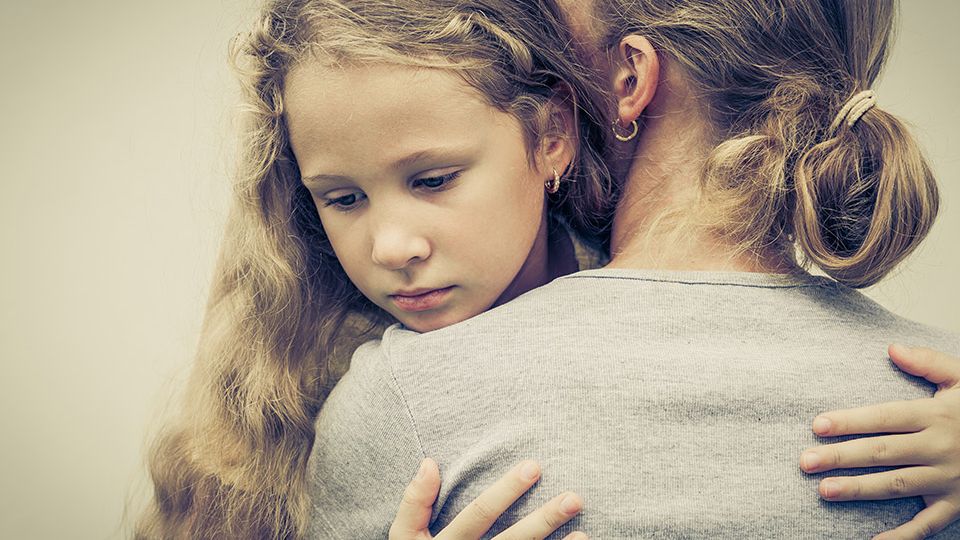
7 Ways to Guide Your Child Through Tragedy
The sudden death of Kobe Bryant, his young daughter Gianna, and seven others in a tragic helicopter accident have left families shaken, particularly around my Newport Beach community where many of the victims called home. During tough times like these, parents often struggle to help their children process news and work through intense emotions like anxiety, fear, and depression.
In this article, you will learn how to guide your child through a tragedy, particularly events that affect your larger community. We will discuss:
- How to move past traumatic news event that can keep us stuck
- Ways to make sense of news about a tragic death
- Tips for ensuring we don’t fall into unhealthy patterns during grieving
- How to respond positively for our children during tough times
How tragic current events can impact children
Most of us, including children and teenagers, hear news on TV, social media, and text quickly and often. News channels may break a story and then continue to play the same chaotic scene or coverage over and over again, overdramatizing coverage or adding misinformation.
Repeated exposure to these frantic news cycles can cause anxiety and obsessive ruminating thoughts in teenagers and children. It’s not uncommon for children to lose a sense of security and become fearful, developing fear as a defense mechanism to feel more in control of their chaotic surroundings and emotions.
These fears may be directly related to the situation at hand. For example, after hearing news of Kobe Bryant’s death, it’s understandable for children to become afraid of anything related to flying, helicopters, death, being away from home, or being alone.
Discovering a traumatic death on the news can also trigger other emotions from past trauma or a past death, such as the death of a grandparent, which can increase anxiety, fear, depression, insomnia, and repeated negative thinking.

Strategies to help your family through tough times
We need to be careful about what our children are exposed to and model healthy coping behaviors during difficult times. Assisting your child with developing healthy, sustainable coping skills is vital to ensuring they do not pursue unhealthy behaviors that create more suffering.
That brings us to the million-dollar question: how can we best teach our children to embrace tragedy with more strength?
1- You’ve probably heard the phrase “Put your own oxygen mask on first.” After hearing tragic news, identify what you need in any given moment for your own support. Ground yourself and treat yourself with compassion to create internal strength, so you can better assist your family.
2- Monitor your child’s social media, device, and TV exposure. Try to avoid having the TV on all day.
3- Be aware and notice any behavior that is not typical of your child. If they want space, this might be normal, but keep an eye out for any extreme or atypical behaviors such as: lack of appetite, not sleeping, isolation, not socializing, and extreme anger. Seek help if you notice extreme or dangerous behaviors.
4- After tragedy, you might be tempted to isolate yourself and avoid socializing or talking about tough topics. Your child, however, may need to work through questions and emotions by talking. If that’s the case, listen with full attention and focus when your child is talking to you. Make eye contact and show them that you are listening.
5- Similarly, be open to answering difficult questions if they are age-appropriate.
6- It’s okay to not know everything. Feel free to say “I don’t know” or “That’s a good question.” Sometimes just listening to your child is more meaningful than knowing all the answers.
7- Allow space for your child to experience any emotions, and try your best to assist them in staying present with their emotions and embracing them with kindness.
Experiencing difficult emotions is part of the healing process, so go through this process with your child, embracing it with loving, connected presence. Responding to a tragedy is never easy but it can be a wonderful opportunity to help your child and bring your family closer together.
If you need further guidance during tough times, please don’t be afraid to reach out for professional help. Make a virtual or in-person appointment today.













